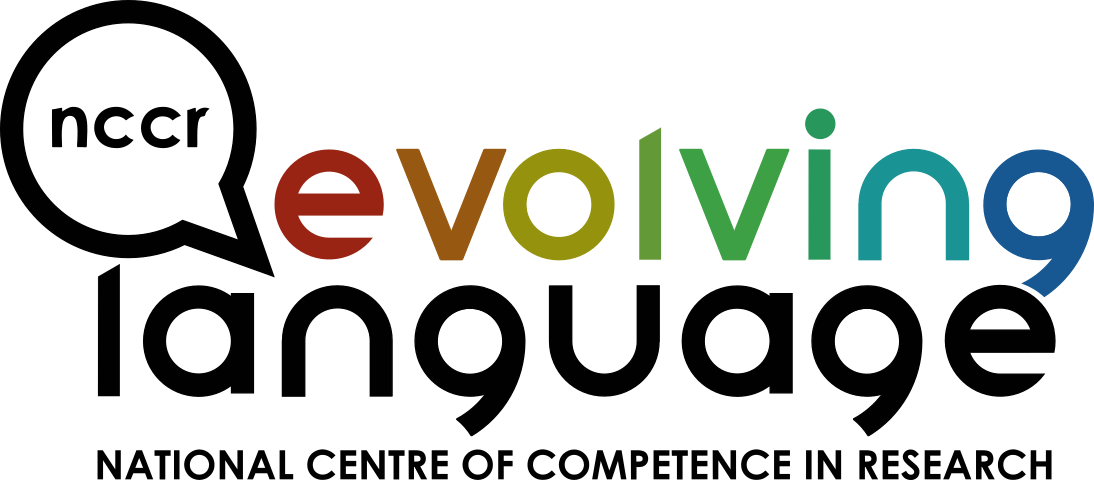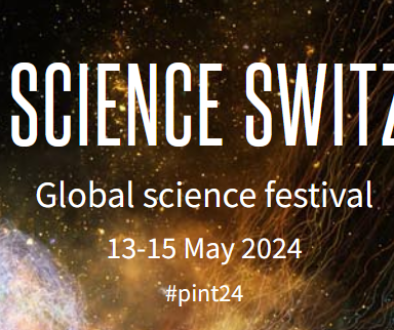A successful NCCR interdisciplinary workshop on the concept of meaning
The NCCR Evolving Language TTF Concepts (P. Filippi and H.-J. Glock) and an ad-hoc scientific committee (S. Townsend, V. Borghesani, and P. Merlo) organized a workshop on the 27th of March on “Finding Interdisciplinary Ground for Empirical Work on Meaning”. Around 50 NCCR researchers, from all fields of research and career levels participated in the event, in Neuchâtel.

The goal of the workshop was to address the concept of meaning through three perspectives – neurosciences, computational linguistics, and animal communication studies – three key fields of the NCCR Evolving Language. “During this workshop, it was great to see how the systematic clarification of concepts can boost interdisciplinary work,” says Piera Filippi, organizer of the event and researcher at the University of Zürich.
Experts from all three disciplines (Richard Moore in animal communication, Nina Kazanina in neurosciences and Gemma Boleda in linguistics) gave talks, discussing the methods and concepts specific to their field of study. Afterward, the researchers present were divided into interdisciplinary work groups in which they had to come up with a concrete plan for a transdisciplinary paper or a collaborative experiment, related to the concept of meaning. “It would be great if at least some of the projects discussed could be pursued, but the most important and interesting to me would be that the ideas that were brought up can influence the researchers in the future and expand even further than our NCCR community,” adds Filippi.
Another key aspect of the workshop was the wish of the organizer to further improve the participation of the early career researchers (ECRs) in these types of events. For example, they used an online tool during and after the experts’ talks to ask questions, encouraging curiosity and treating everyone in the room as equals. According to Filippi, this new method was a success with participants. “It is nice to experiment with new methodological tools, let’s see if it can work in future workshops!”



